| Sorted by date | |||
page051from Building IdeasAnd for everything – for every sort of instrument, living being, or act – doesn’t the question “Is it good, beautiful, or right?” come down to the use it is made for or naturally has?2
In the culture of Plato’s Greece this appreciation of organic form also inspired an artistic naturalism, particularly in the depiction of the human figure in painting and sculpture. The attempt to express the underlying perfection of the “universal” beneath the “particular” betrays the desire to improve on the “imperfect” versions of the ideal that nature produces. However, all this is directed towards the knowledge of the ideal forms, which only the intellect can ultimately apprehend, concealed as they are beneath the surface of the sensible world. Thus, art in Plato’s system is merely the means to an intellectual end, which the philosopher must dispense with in the process of the search for truth. The ambiguity of the role of art as an improvement of imperfect nature is addressed by Aristotle, Plato’s pupil and successor. In the Platonic system nature provides and “image” of the underlying forms whereas art, as an image of nature, is even further removed from truth. Aristotle’s philosophy ends up reversing this arrangement, suggesting that art can, by perfecting nature, lead us closer to the truth. For Aristotle reality lies not in the realm of being – Plato’s timeless realm of forms – but in the empirical reality of experience, of sensible objects which grow and decay. By starting with the objects of sensory experience he developed an alternative brand of “normative” idealism. His definition of “universals” was based on the averaging of “particulars”: by studying numerous individuals one could define the nature of the “ideal”. This study numerous individuals one could define the nature of the “ideal”. This study of the particular that Aristotle recommends becomes important also for his philosophy of art. Though he wrote mostly of literature, including poetry and drama, he recommends the arts as a source of practical knowledge in the way that Plato never did. Where Plato talked of abstract notions such as goodness and truth, Aristotle is concerned with practical issues of emotion and behavior. In The 2 Plato, The Republic, translated by I. A. Richards, Cambridge University Press, Cambridge, 1966, Book X(601), p 178.
|
|||
|
|||
|
|
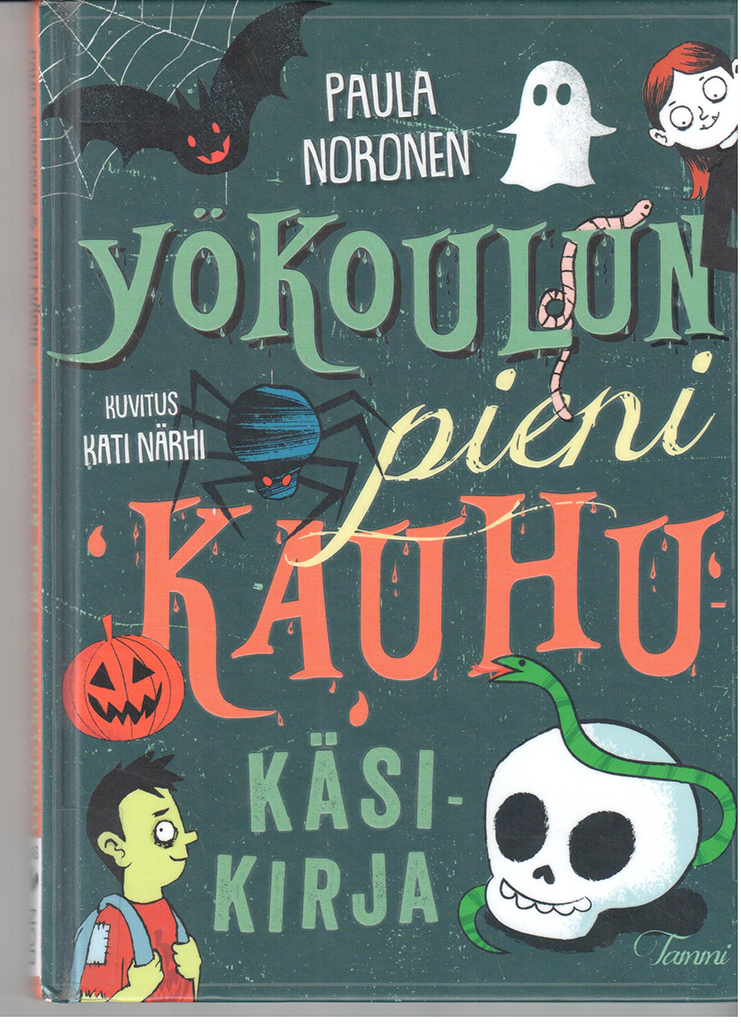 ... ...
... ...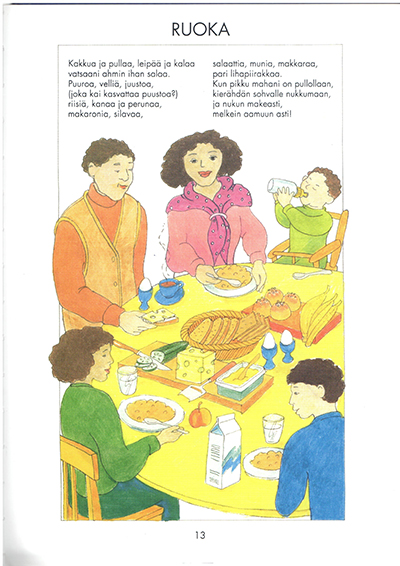 ... ...
... ... ... ...
... ...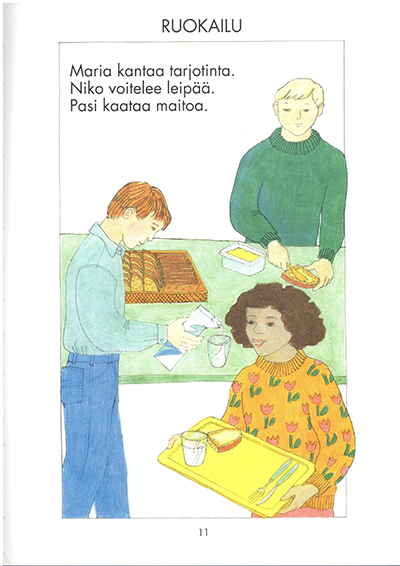 ... ...
... ...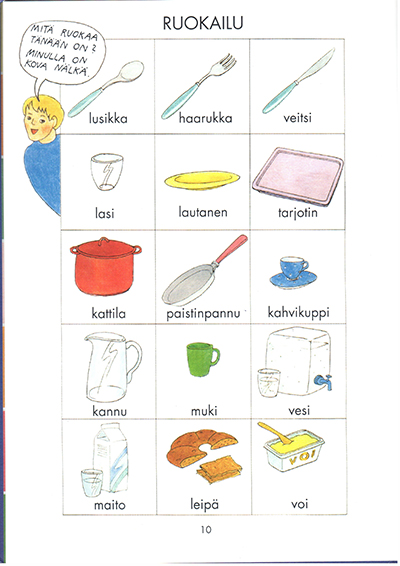 ... ...
... ...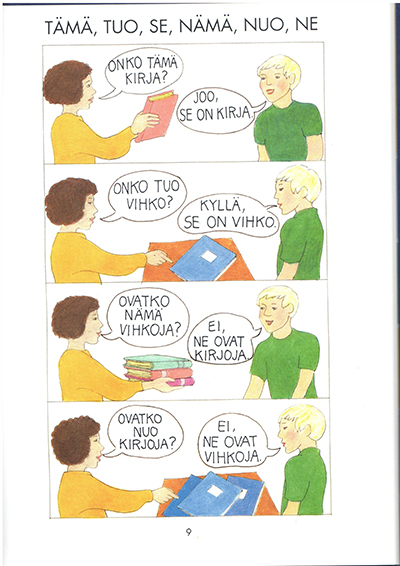 ... ...
... ...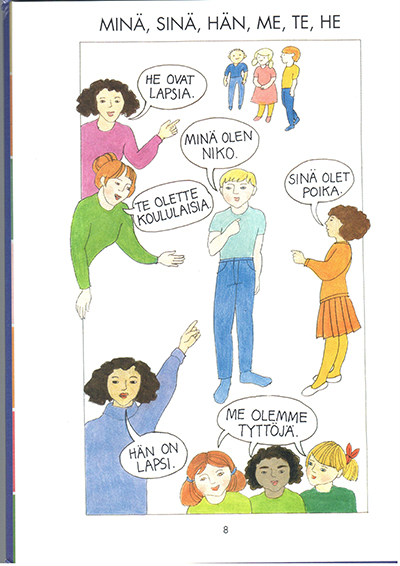 ... ...
... ...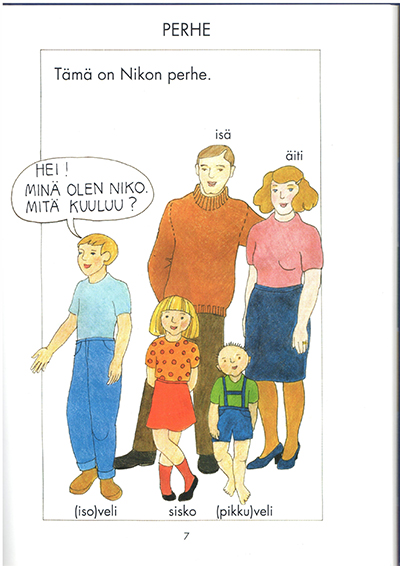 ... ...
... ... ... ...
... ...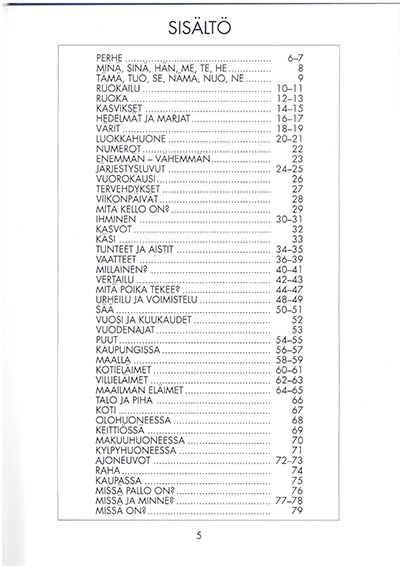 ... ...
... ... ... ...
... ... ... ...
... ...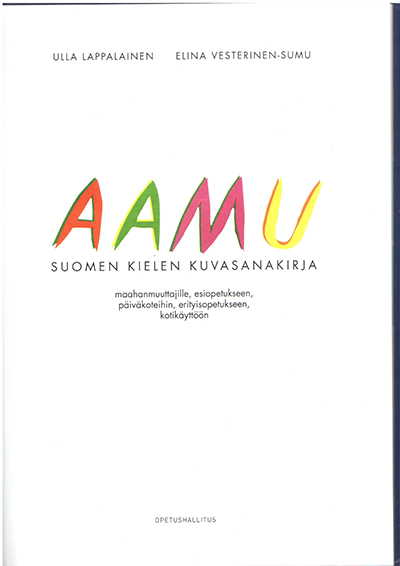 ... ...
... ...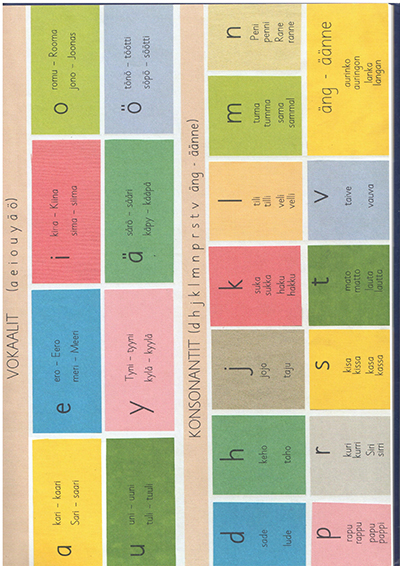 ... ...
... ...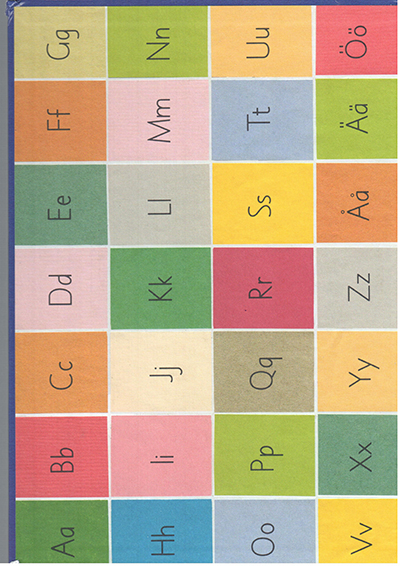 ... ...
... ...